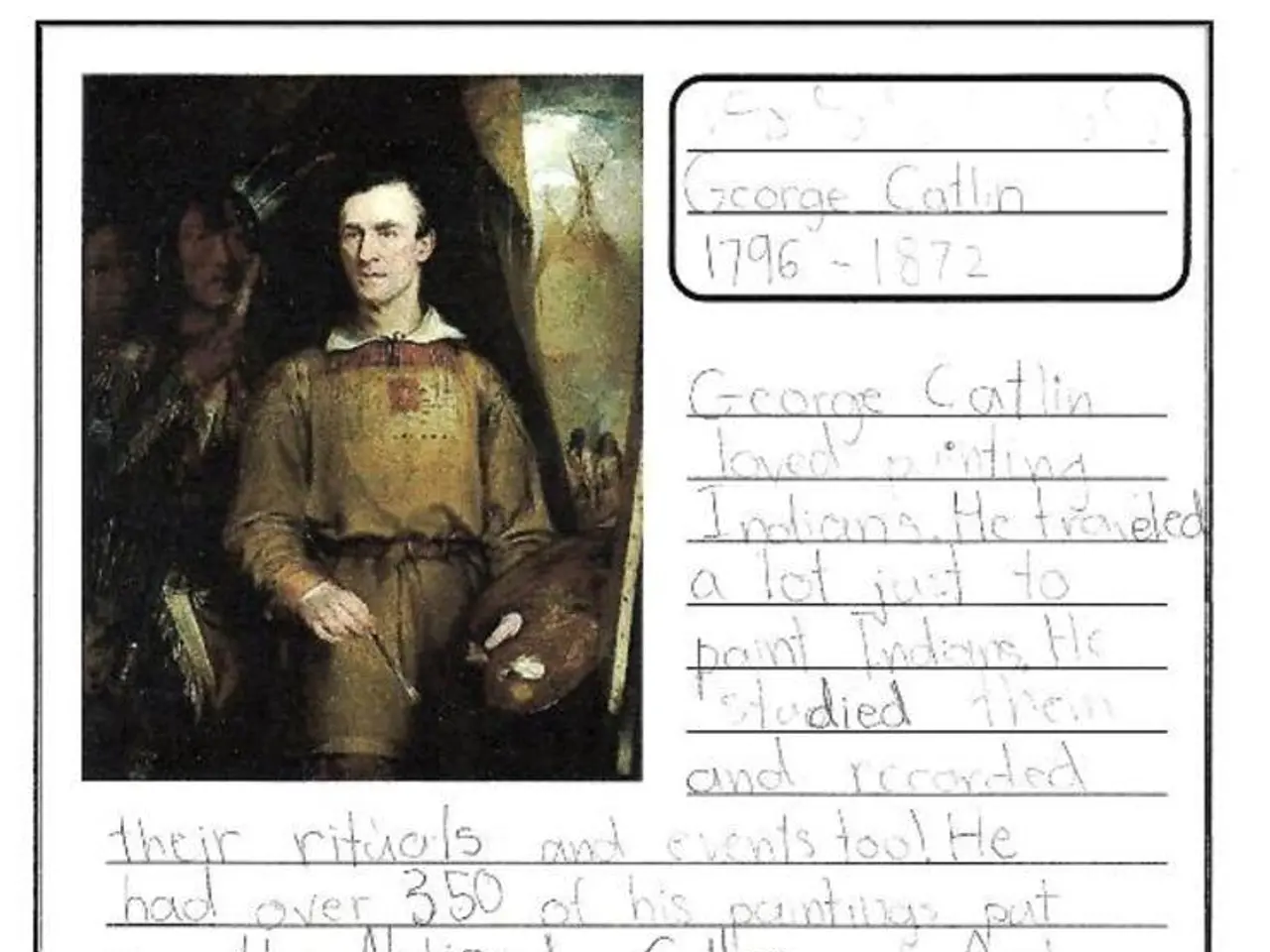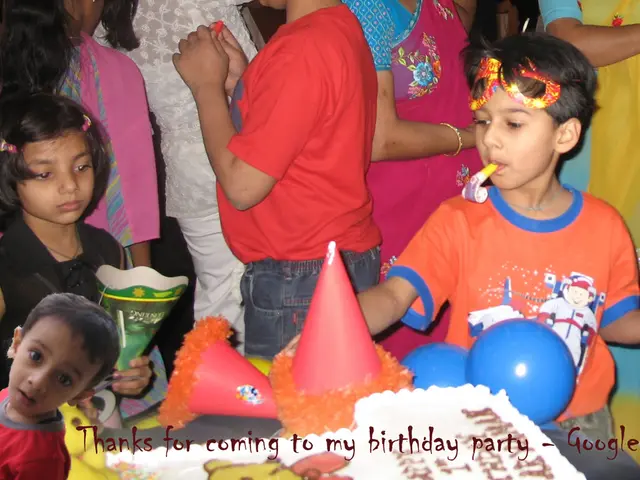Archaeological digs reveal an ancient writing tool dating back 2,000 years
Türkmen-Karahöyük, a site in modern-day Turkey, is creating waves in the archaeological world as archaeologists unearth evidence suggesting it could be the long-lost second capital of the ancient Hittite Empire.
The city, which thrived for over 3,000 years, boasts connections stretching from Egypt to Cyprus and the Black Sea. The excavations, led by Associate Professor Michele Rüzgar Massa, have uncovered a wealth of artefacts, providing insights into the political and trade activities that once flourished there.
Scholars believe Türkmen-Karahöyük may have been the capital of Hartapu, an Anatolian king who lived 2,800 years ago and was a contemporary of the Phrygians. Evidence suggests that between 1300 and 1200 B.C., this city could have served as the kingdom's second capital.
The site appears to have been an important political and trade center. Among the discovered administrative tools, a 2,000-year-old animal bone pen and several 4,000-year-old seals are believed to have been used by government officials. The excavations have also revealed signs of burning and arrowheads, suggesting the city suffered an attack around 50 B.C., an event that marked its great destruction.
Despite the destruction, the government center did not remain dormant. The excavations have shown that the government center moved from Türkmen-Karahöyük to Konya after the destruction.
The excavations have uncovered a variety of intriguing finds. Among them are ceramics, perfume bottles, jewelry, a 2,000-year-old animal bone pen, arrowheads from 50 B.C., a 1,700-year-old die, a 2,200-year-old bathtub, and remains of monkeys once gifted by Egyptian rulers 3,700 years ago. The site also yielded fine ceramics, exotic fruits, and remains of exotic animals.
As the excavations continue, Türkmen-Karahöyük remains a strong candidate for the lost Hittite capital that served as the empire's seat some 3,300 years ago. The site, with its rich history and vast array of discoveries, promises to offer a fascinating glimpse into the past of one of the world's oldest civilizations.







